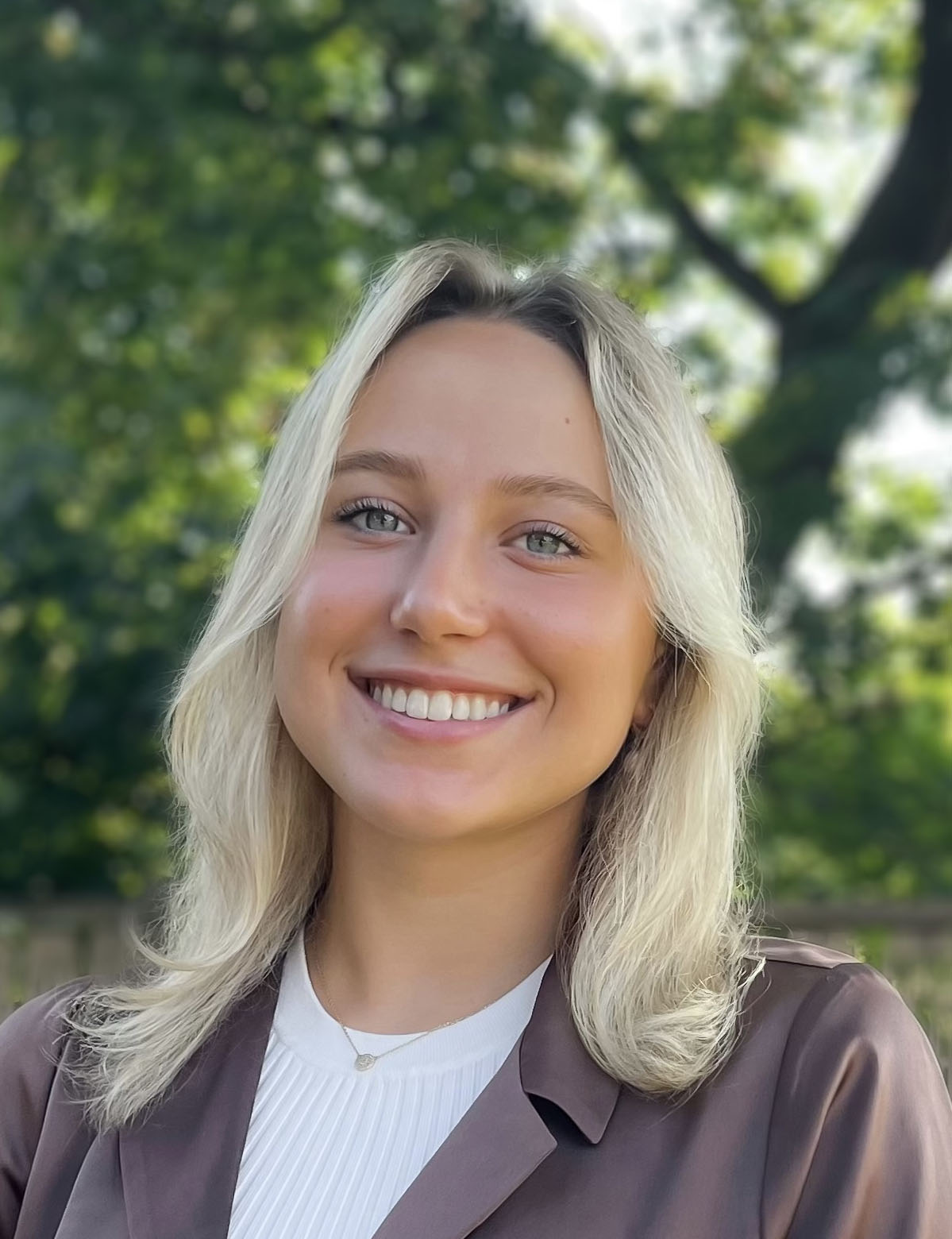Lab Director

Marta Peciña, M.D., Ph.D.
Associate Professor of Psychiatry
Email: pecinam@upmc.edu
CV | Publons | Research Gate | Google Scholar
Marta Peciña obtained her MD and a PhD in Neuroscience from the University of Navarra, Spain. After completing a Psychiatry Residency training at the University of Navarra Medical Center, she moved to the United States as a postdoctoral fellow at the University of Michigan, where she became a faculty member in the Department of Psychiatry. Her current research stems from my clinical interest in the neurobiology and treatment of depression. Her lab uses functional MRI and reinforcement learning models to predict clinical responses in depression in order to develop a hypothesis-driven mechanistic understanding of the neural computations that influence clinical responses in depression.
Lab Members

Eli Strohecker B.S.
Research Coordinator
Email: stroheckereg@upmc.edu
Eli Strohecker is a Research Specialist at the TNN lab since June 2024. He received his B.S. in Biomedical Engineering from the University of Akron. His research interests are in advancing noninvasive technologies for treating mental health disorders. He plans to attend graduate school in the coming years!

Gaurav Badhan B.S.
Research Specialist
Email: badhang@upmc.edu
Gaurav has been an undergraduate student at the TNN Lab since September 2022. He received his B.S. in Neuroscience and Anthropology, with a minor in Chemistry and a certificate in Conceptual Foundations of Medicine from the University of Pittsburgh. His research interests include mental health disorders and how medicines can help improve the quality of life of people with mental health disorders. He plans on attending medical school in the future.

Ian Snyder B.S.
Systems Programmer/Analyst
Email: snyderid@upmc.edu
Ian Snyder is a Systems Programmer/Analyst at the TNN lab since 2023. He received his B.S. in Computational Biology from the University of Pittsburgh with a minor in Applied Statistics. He is interested in using software based technology to improve the quality of life for people with mental health disorders.
Collaborators

Alexandre Dombrovski M.D.
Associate Professor of Psychiatry
Email: dombrovskia@upmc.edu
Alex Dombrovski is an Associate Professor of Psychiatry and a licensed psychiatrist. His clinical and early research training was in severe mood disorders. Since 2006, his principal focus has been decision processes in late-life suicidal behavior. He is interested in how the brain makes decisions in a dynamic environment. His career goal is to explain vulnerability to suicidal behavior in terms of individual differences in dynamic decision processes.

Helmet Karim Ph.D.
Assistant Professor of Psychiatry
Email: hek26@pitt.edu
Helmet Karim is a postdoctoral researcher working with Dr. Carmen Andreescu. He received his PhD in Bioengineering at the University of Pittsburgh in 2017 where he studied optimization and development of linear/non-linear models. He is using machine learning models and neuroimaging to predict treatment response in individuals who receive transcranial magnetic stimulation.

Nadine Melhem Ph.D.
Associate Professor of Psychiatry
Email: melhnm@UPMC.EDU
Nadine Melhem is an internationally recognized expert on the neurobiology of stress response and suicidal behavior. Her work is focused on the interplay between genetic predisposition and childhood stressors and how they impact biological processes in the brain leading to early onset depression and suicidal behavior. Her research also aims to identify biomarkers in the HPA axis and inflammatory for early onset depression and suicidal behavior in youth that could be translated into clinical practice in order to identify those at highest risk who should be targeted for early preventions and interventions.

Rebecca Price Ph.D.
Associate Professor of Psychiatry
Email: pricerb@upmc.edu
Rebecca Price is a licensed clinical psychologist with expertise in the assessment and treatment for anxiety and depression. Her research program translates cognitive processing patterns in affective pathology both backward to neural substrates and forward to intervention, synthesizing information across levels of analysis in pursuit of improved assessment methods and novel treatments. She uses multimodal assessments of attention and neurocognition to explore implicit cognitive and attentional patterns across the lifespan and to link these processes to molecular and neuronal actions of interventions.












